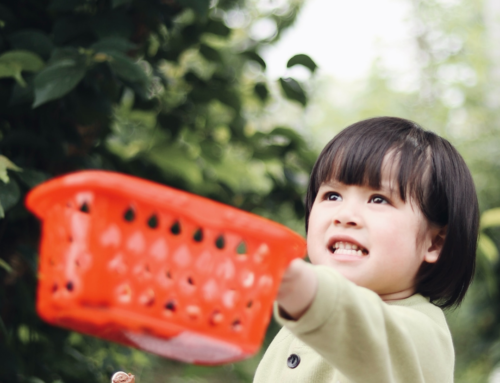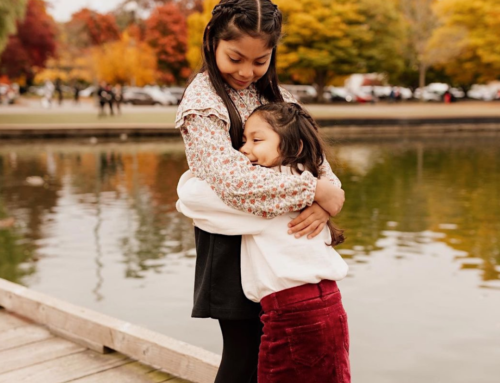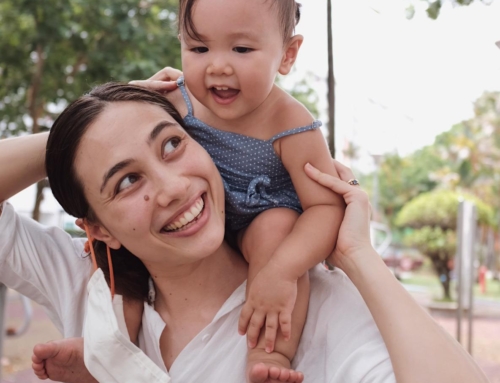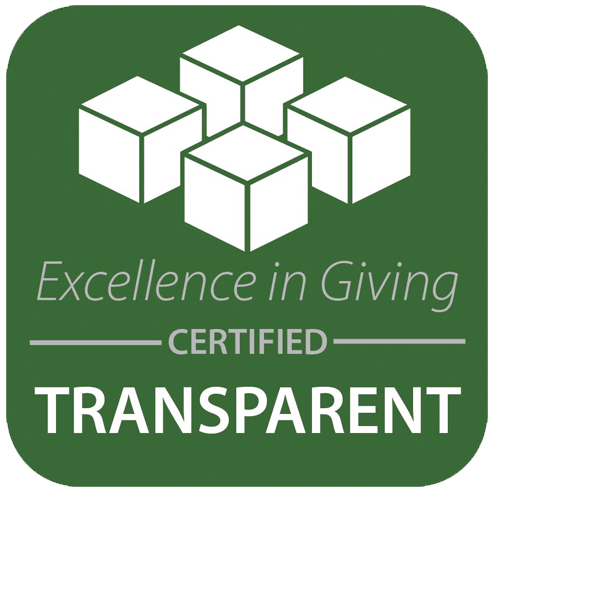Small Actions, Big Impact
Micro-Habits for Better Parenting
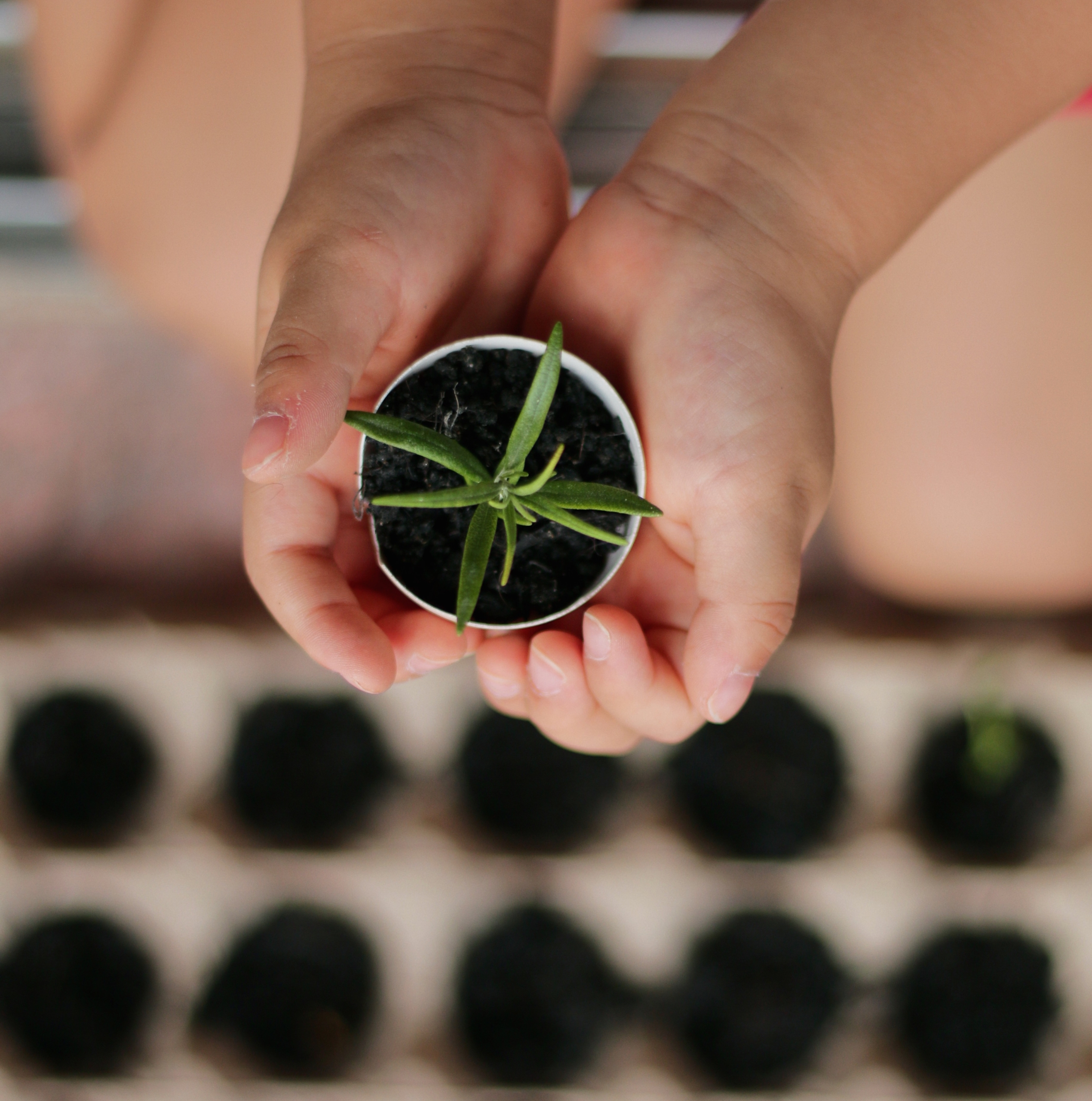
There is this notion that we can only achieve great things if we are willing to do something revolutionary to achieve them. However, this is not always the case. Greatness doesn't have to stem from a huge sacrifice or loss. Sometimes, it begins from a commitment to try harder, do better, and be better. This principle can also be applied in parenting, in the form of micro-habits: Actions that may require minimal motivation or effort to complete, but have the potential for lasting, positive changes in children's lives.
Developing micro-habits start in being conscious about how you behave around your kids. When you practice a behavior that you want your children to adapt repeatedly, it becomes a habit. But, you shouldn't stop there. You need to be able to keep the habit up long enough for it to become a pattern. In doing so, it becomes an integral part of your parenting style, which makes it almost impossible to be broken.
There are a number of micro-habits that one can develop. Here are some samples to give you an idea of what may or may not work towards your child:
1. Begin your day with a smile.
Smiling radiates positivity, and it would be a great way to greet your child as they wake up in the morning. As the saying goes, "first impressions last", so putting yourself in a good mood is a nice step towards establishing an atmosphere of warmth for your child that should help them get through the day.
2. Focus on feelings first.
When kids throw a tantrum, an immediate response would be to reprimand or silence them so they won't bother the people around them. However, this really fulfills our need to control or bring order to a situation, and not the child's. As such, try to acknowledge what your kid may be feeling in the moment, and calmly try to talk and think of a resolution.
3. Reinforce the idea of choice.
No one is inherently good or bad. Oftentimes, our behavior are choices that we make based on our knowledge of the world and our personal beliefs. As early as now, let your kids understand the importance of making choices. Start by referring to behavior as a choice, praising them for a good one and suggesting a better alternative for a negative action.
4. Breathe and let go.
We all have our limits, and stressful situations can sometimes take a toll on our patience. You may feel an urge to raise your voice or yell to let the frustration out, but this will not register well with your child. Instead of fighting fire with fire, look away and breathe. This will help you instantly relax and think clearly. You can practice this beforehand so it becomes a natural response.
Change doesn't have to be monumental. Just like a drop can make ripples, a little positive act may just be the spark you need to ignite a long-lasting effect not just on your child, but on yourself as a parent, as well. Take it one step at a time, be patient with yourself, and keep on doing your best.

